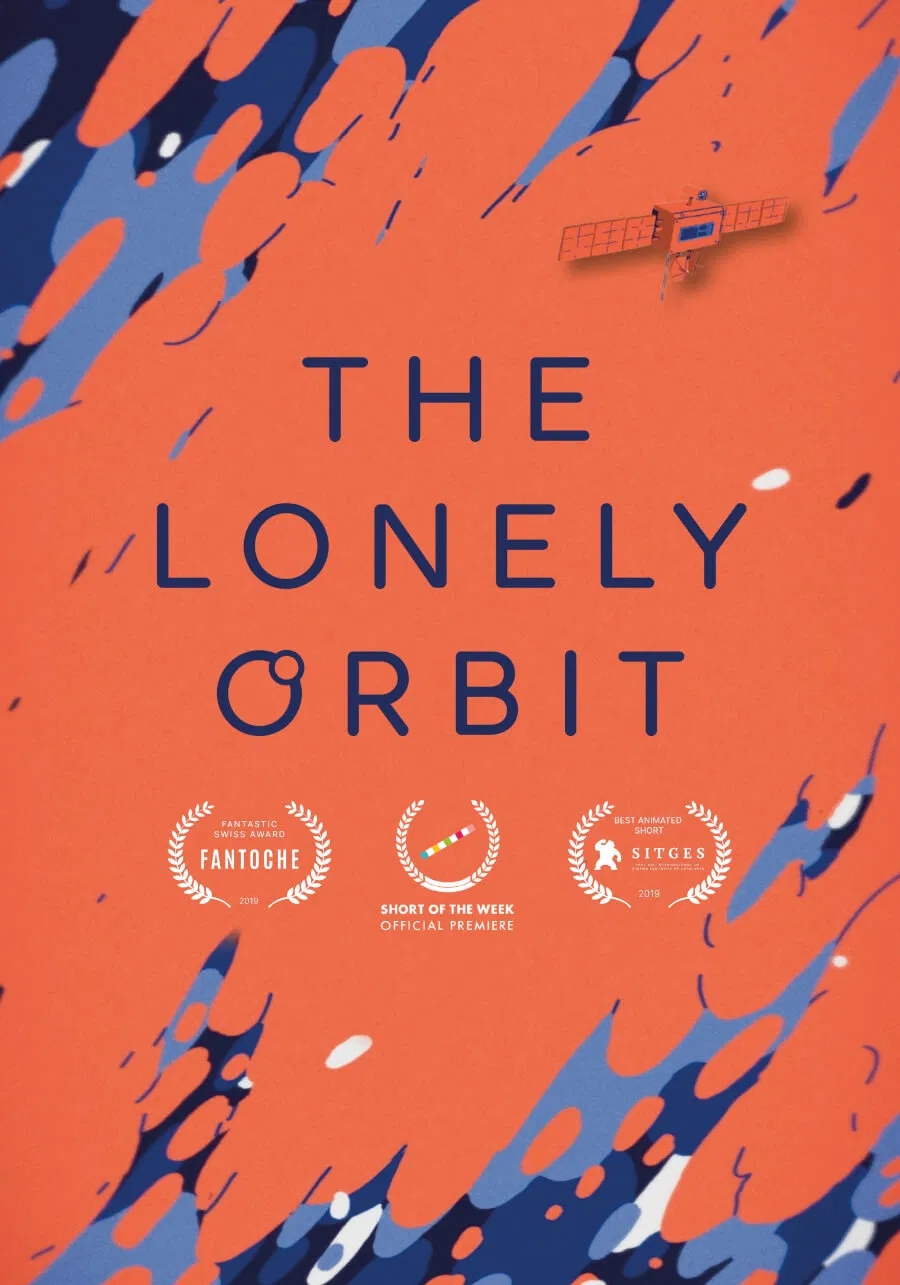Story
Directed by the esteemed German filmmaker F.W. Murnau, this 1927 American silent film is often regarded as one of the finest movies ever made. Renowned for its innovative cinematography and pioneering techniques, it tells the story of a farmer who falls for a seductive city woman and is consequently torn between her and his virtuous wife. This tension culminates in a dramatic turning point, showcasing the emotional depth and complexity of human relationships. The narrative’s portrayal of temptation, redemption, and the enduring power of love is universally compelling.
The film stars George O’Brien as the conflicted farmer and Janet Gaynor as his loyal wife. Their performances are striking, capturing the emotional nuances and depths required for such a poignant story. Janet Gaynor’s role earned her the first-ever Academy Award for Best Actress, underscoring the film’s critical acclaim and its pivotal role in the history of cinema. Supporting them is Margaret Livingston, who plays the city woman, adding further richness and complexity to the character dynamics.
F.W. Murnau’s direction is notable for its groundbreaking use of the "Unchained Camera" technique, which allows the camera to move freely around the set, adding a dynamic and fluid quality to the visual storytelling. Murnau, already famous for his work in German Expressionist cinema, brought his expertise in lighting, set design, and mood creation to this project, influencing Hollywood filmmaking for decades to come. The film also received the first Academy Award for Unique and Artistic Production, an honor that highlighted its technical and artistic achievements in an era when the industry was still in its formative years.


















